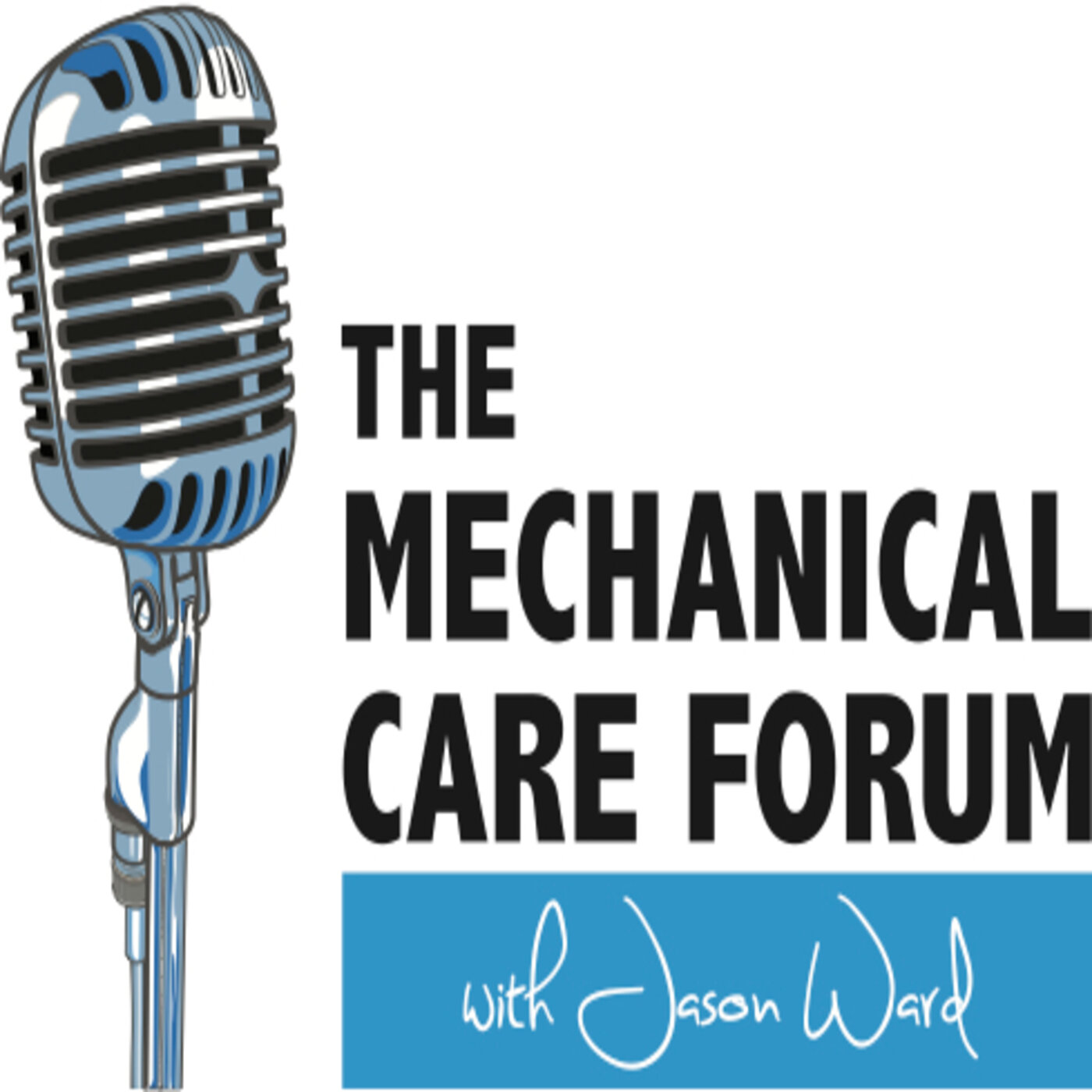Case #59 - Richard Rosedale
Case #59 - Richard Rosedale
In case # 59 I am joined by Mr. Richard Rosedale who presents a female in her early 60's with upper arm pain after a fall and with the diagnosis of “frozen shoulder.” Richard gives a thorough explanation of this patient's history as well as talking us through the physical exam, repeated movement testing procedures and on through management of over 12 weeks in duration. This is a great case which illustrates the fact that patients who don't show a rapidly responding condition can still have an excellent outcome. You'll also appreciate the value of a mechanical exam to differentially diagnose extremity symptoms of spine origin versus extremity conditions themselves and it's evident in Richard's patience through his continual reassessment. For those who treat patients with shoulder and upper arm pain with possible "frozen shoulder" this case is full of relevant insights. (1hr 8min 51sec)
Additional points of discussion include:
Questioning Richard uses to aid with differential diagnosis including inflammatory versus mechanical
Comorbidities which this patient reported and how they may influence decision making and present barriers to resolution
Richard’s thorough diagnosis-by-diagnosis consideration and why this patient’s history does or doesn’t support each
ways the clinician can use posture correction to discover more information even when the patient reports no symptoms presently
some effective ways he educates his patient when there is apparent need to address the cervical spine even though the chief complaint is shoulder pain
how to interpret when the patient shows a symptomatic change but minimal to no mechanical response
the classic presentation of true symptomatic “frozen shoulder” and phases which have been proposed but recently not as widely agreed upon versus two phases which are more accepted now
If the frozen shoulder patient presents as a challenge to you and you’re not as confident in your education or your management, Case #59 is potentially a game changer with this common patient in the outpatient setting.

